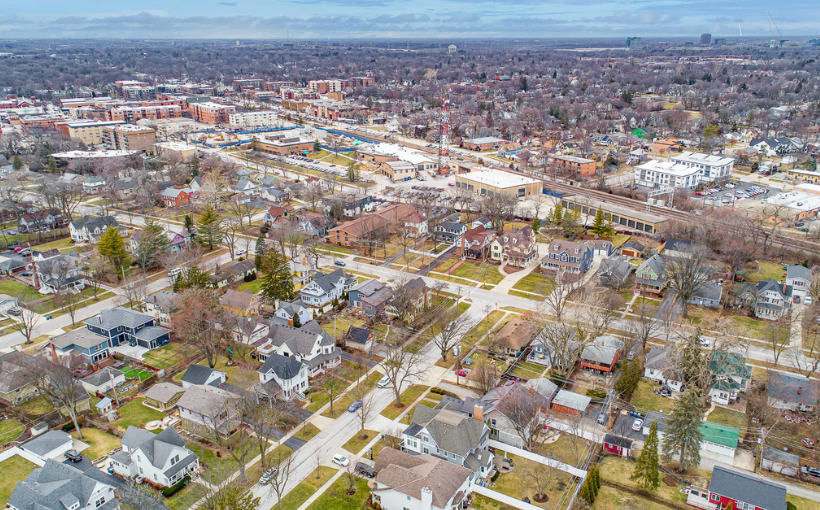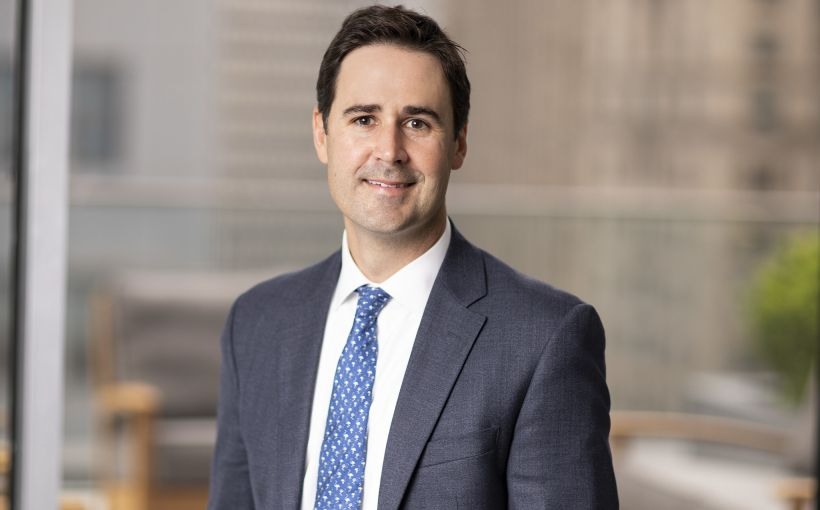The commercial real estate industry is responsible for a significant portion of global CO2 emissions, making sustainability a top priority. However, despite understanding its importance, both investors and occupiers face challenges in implementing sustainable practices.
According to “The Sustainability Imperative: The Future of Real Estate Investment,” commissioned by Bryan Cave Leighton Paisner law firm and surveying over 700 respondents worldwide, there is a disconnect between knowledge and action when it comes to sustainability in the CRE sector.
Investors predict that by 2030, more than half of their portfolios will consist of properties with unknown or poor sustainability performance. This highlights the need for cultural change within firms to prioritize sustainable investments.
On the occupier side, while over half have agreed on screening criteria for rental decisions based on sustainability factors and almost half have it as an agenda item at leadership meetings; only about one-third have specific goals in place. Additionally, retrofitting older buildings to meet modern standards proves challenging due to cost implications.
Despite these barriers identified by the research – lack of consensus on definitions/certifications/data; organizational transformation required; difficulty retrofitting older buildings – both investors and tenants recognize the value of incorporating sustainability into decision-making processes. In fact, three-quarters believe that “green premiums” will play a crucial role in determining real estate values within five years.




